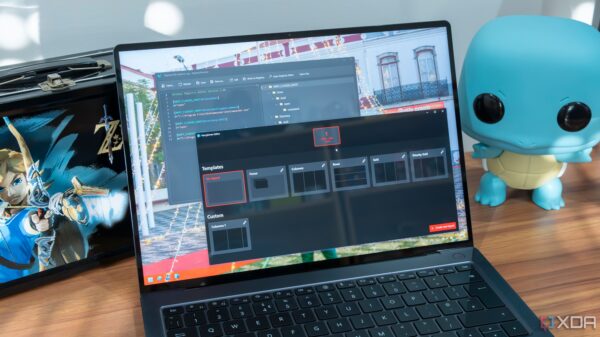Volkswagen’s Chattanooga plant employees are poised for a crucial vote as they negotiate a new contract that could reshape their working conditions. The discussions center around significant raises, bonuses, and job security, with a proposed wage increase of 20% on the table, along with an additional cash bonus. This situation has escalated tensions among workers as the deadline for ratifying the deal approaches.
The negotiations, which involve the United Auto Workers (UAW) union, have become a focal point for labor relations in the automotive industry. Workers at the Chattanooga facility have expressed concerns regarding their pay and job stability, particularly as the company navigates challenges in the electric vehicle market. The proposed contract could impact the future of labor negotiations nationwide, especially in light of the ongoing shifts in the auto industry and the rise of electric vehicles.
VW has earmarked $1.2 billion for investment in its U.S. operations, which includes commitments to expand its electric vehicle production. The company’s plans to build a new battery plant in the region further intensify the stakes of the current contract negotiations. As workers weigh the benefits of the proposed deal, they are also considering the long-term implications for their employment and the local economy.
In December 2023, the UAW will conduct a vote among the Chattanooga workforce to decide whether to accept the proposed agreement. This decision will not only affect the employees at the local plant but may also set a precedent for future labor negotiations within the automotive sector across the United States.
The outcome of this vote is expected to resonate beyond the Chattanooga facility, as it reflects broader trends in labor negotiations and employee rights in the automotive industry. The UAW has emphasized the importance of securing fair wages and job security for its members, especially in an era of rapid change driven by technological advancements and shifts in consumer demand.
As the vote approaches, workers remain divided on the terms of the offer. Some see the proposed salary increase and bonuses as a necessary step towards greater financial stability, while others worry about potential trade-offs related to job security and working conditions. The upcoming decision will be a defining moment for the workforce and could influence labor dynamics in the automotive industry as a whole.
In this critical period, VW’s management and the UAW are engaged in intense discussions to address the workers’ concerns and reach a consensus that satisfies both parties. The outcome of these negotiations will have lasting implications for the Chattanooga plant and the future of labor relations within the automotive sector in the United States.


































































